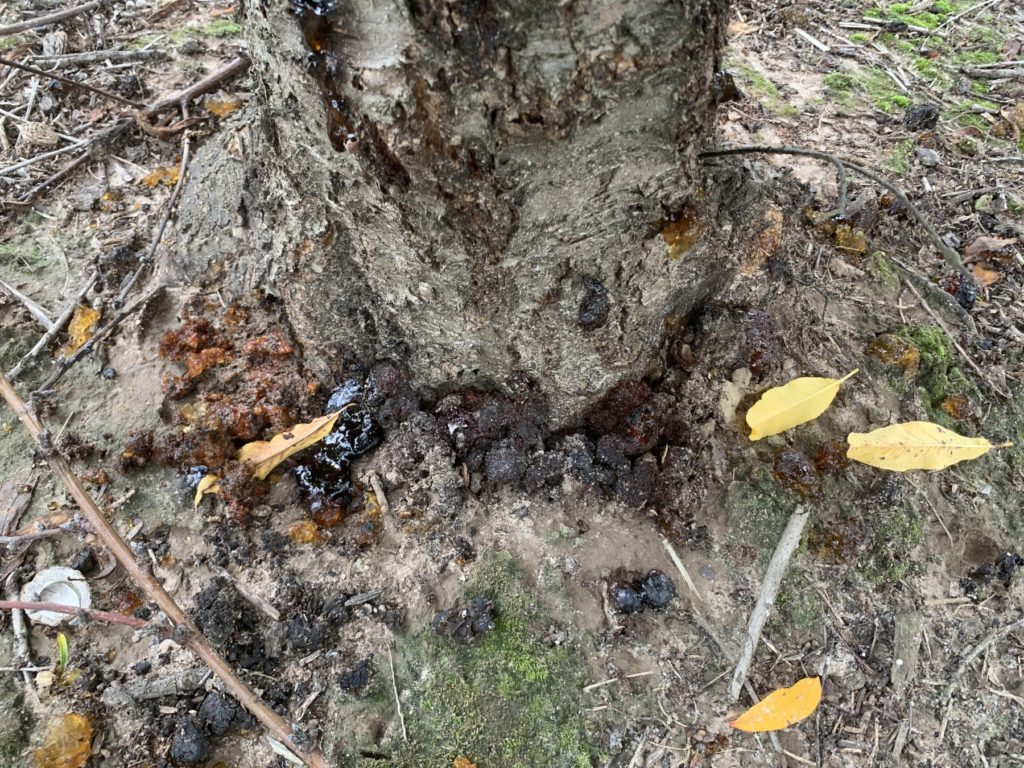By Clint Thompson
Peach tree growers suffered through a disastrous season due to unforeseen weather conditions in February and March. Despite those various challenges, producers need to continue maintaining their orchards for future yields.

This is especially true for insects like peachtree and lesser peachtree borer, says Brett Blaauw, assistant professor at the University of Georgia (UGA) College of Agricultural and Environmental Sciences.
“We have a variety of insect pests that attack peach trees. Some of the more concerning ones attack the fruit like the plum curculio or the fruit moth, and that’s a big concern for consumers because nobody likes to bite into a peach and have a worm in there, including myself. During a year like this year where we lose the majority of the crop, in blocks where we don’t have fruit we don’t have to worry about plum curculio because there’s nothing for it to feed on and nothing for it to damage. The unfortunate part is there are pests like peachtree borer and lesser peachtree borer that attack the tree themselves. They don’t care if there’s fruit or not. They’re going to attack the trees no matter what.

“This year, if nothing is being done for them, they’re just going to go out there and attack the trees, basically unchecked. The real big problem is with peachtree borer attacking the roots. If you get enough of them attacking the roots, they can girdle the roots and the trees don’t get the nutrients that they need. They go into the following year being stressed, not being able to support themselves. If this goes year after year after year, the tree will eventually die.”
Blaauw said in the UGA Peach Blog that if growers did not utilize mating disruptions because of financial restraints, they should continue with handgun applications of an insecticide that targets the trunk/scafford limbs. Recommended sprays include Cormoran, Rimon or Asana XL. Each product has been effective at managing borers.









